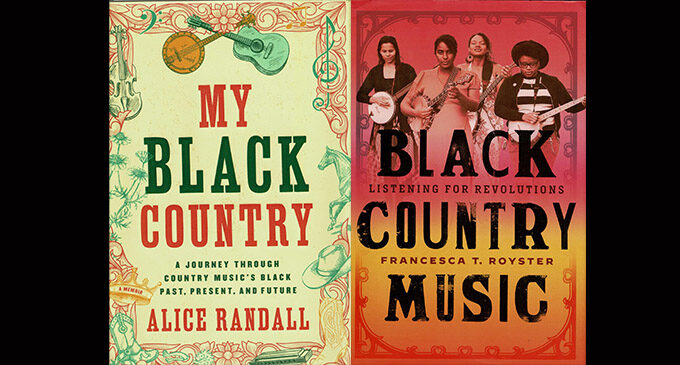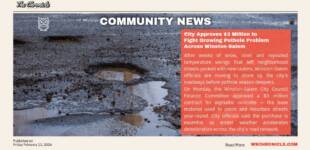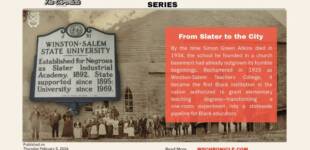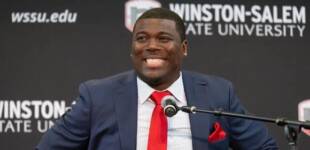Black country music – It’s always been there

By David Winship
Black country music – It’s always been there. Like much of Black culture in a white-dominated country, it has been marginalized but it has persevered and even flourished as it has emerged within other forms. Whether it has been in the Black string bands in the coal fields of the southern Appalachians in the early twentieth century, in the gospel and the blues of the deep South and the Piedmont, Black traditional and roots music has been adopted and appropriated into the variety of old-time, bluegrass, rock ‘n’ roll and country music.
The influencers have always been there – from the Black railroad workers working with Jimmie Rodgers singing the blues, Arnold Schultz showing Bill Monroe his styling, Lesley Riddle helping the Carter Family with song-catching and guitar techniques, and Leadbelly’s place in the folk revival of the 1960s. Charlie Pride and Ray Charles have been acknowledged as Black country artists. There have been and are more, as two recent books have shown as well as a new touring revue that brings back the old days of the country music package shows.
Alice Randall’s “My Black Country” is subtitled “A Journey through Country Music’s Black Past, Present and Future.” She presents her story as a Black songwriter in Nashville’s country music capital, along with her Black influences in the country music field. Along with the book, an accompanying music project exists with Black country singers singing her songs. Among her well-known songs that have made the country charts is “XXXs and OOOs,” recorded by Tricia Yearwood. The recorded version by Caroline Randall Williams presents a closer-to-original version. Randall pays homage to some of the women artists who inspired and educated her, including Lil Hardin, who played piano on Jimmie Rodgers recordings and was married to Louis Armstrong.
Francesca T. Royster’s “Black Country Music: Listening for Revolutions” profiles contemporary Black country musicians. Among these are a look back at Tennessee-born Tina Turner’s country recordings, Darius Rucker’s country catalog after Hootie and the Blowfish, and Valerie June. She explores how Lil Nas X challenged the traditional country persona with “Old Town Road” and the ground-breaking quartet of banjo-picking women of Our Native Daughters.
She also highlights Beyonce’s pre-“Cowboy Carter” foray into country music with “Daddy’s Lessons,” recorded along with The Chicks on her “Lemonade” album. She looks forward to the future of Black country music, including Mickey Guyton, Rissi Palmer, and DeLila Black.
Recognizing the importance of showcasing Black country artists and giving them a platform and a stage, the Black Opry has been a vision of Holly G since 2021. Gathering performance space for Black artists in the country music realm involved reaching back into earlier days of country music by creating package shows of several performers who can tour, providing exposure and experience. “I want Black artists to have a place where both their work and identities are celebrated,” remarked Holly G. “I want Black fans to have a place where they can show up and enjoy this beautiful artistry we’re celebrating without wondering if the space is safe for them.”
Black country music has been there from the beginning – with El Watson recording at the foundational Bristol Sessions in 1927 and DeFord Bailey anchoring The Grand Ole Opry in its early years from 1927 to 1941. With influences of blues of the fields and gospel from the Black churches, country music has grown with Black roots, if not a Black presence.
Royster, in writing of an Afrofuturism in country music, says, “To put Black artists and fans at the center … is to irrevocably shift country music as a genre. It forces us to remember, reengage, and hopefully to transform country music’s racial past.”
As Dolly Parton might say, the garment of country music is a coat of many colors.
David Winship is a retired educator and host of the weekly show “Vinyl Reflections” on WEHC 90.7 on the campus of Emery & Henry University, Emery, Virginia, where he shares the music of his extensive vinyl collection. He lives in Bristol, Tennessee, and is a member of Winston-Salem Writers.










